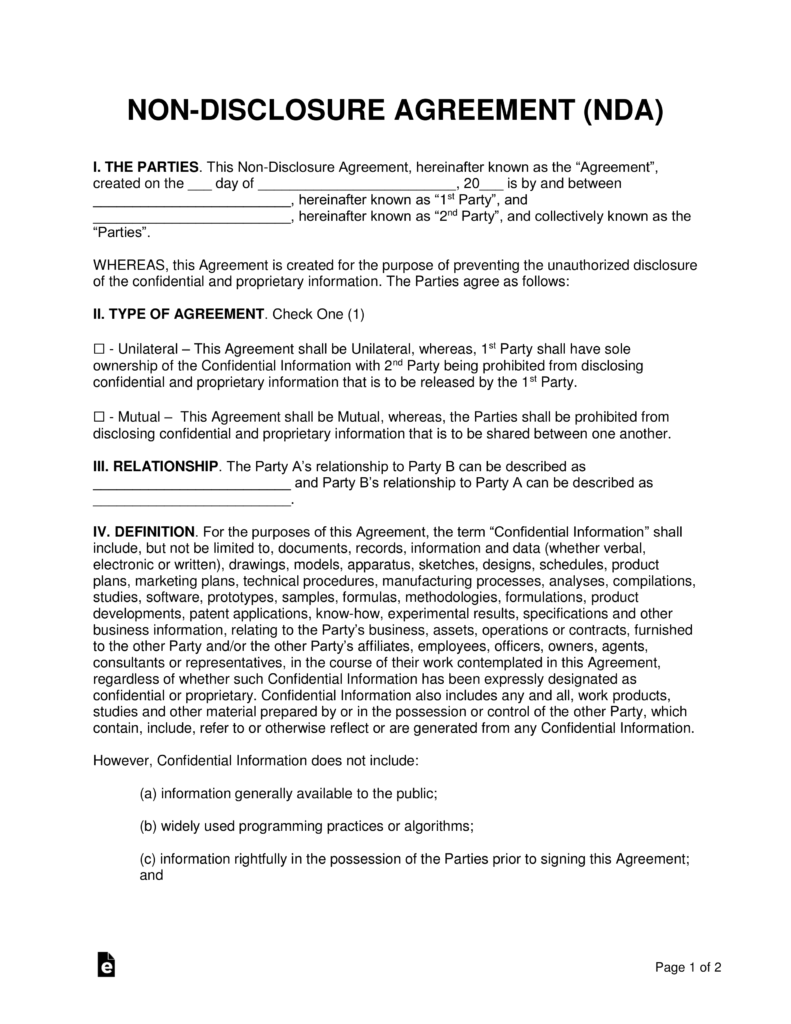Lodger Agreement
A Lodger Agreement is a residential tenancy agreement that sets out the terms that a Lodger can occupy the property.

Create a Document in 3 Easy Steps
1. Get Started
Choose Your Form or
Location to Begin
2. Answer Questions
Complete Your Document in Minutes
3. Download Document
Download and Print your PDF
For use in England and Wales only.
Create a professional relationship with your Lodger and ensure you can take back possession when you need to with our Lodger Agreement. This agreement covers all the critical issues of a Lodger’s tenancy and is compliant with the tenant fees ban. Ensure you are protected and earning rent with this Lodger Agreement.
Lodger Agreement? What is it?
It is a residential tenancy agreement.
Our Lodger Agreement details the terms that a Lodger can occupy the property.
When should I use your Lodger Agreement:
- if you are renting out a room at your property;
- if you will remain living at the property while it is rented;
- if the property being rented is your primary home; and
- if the property is in England or Wales.
What is covered in your Lodger Agreement?
Our Lodger Agreement covers:
- how much the rent payments are;
- what security deposit is required;
- what the Lodger’s responsibilities are and their rights in the common areas;
- what the Landlord’s obligations are;
- what the Lodger’s rights are at the property;
- when and how the agreement ends;
- the legal requirements under the Tenant Fee Act 2019
When do I need a Lodger Agreement?
You should use this Lodger Agreement if you are renting out a room to a Lodger and you are an owner or tenant living in a furnished house or flat in England and Wales. Please note that you are a tenant yourself, you should ensure you are permitted to rent the room to a Lodger by checking the terms in your tenancy agreement prior to completing this Lodger Agreement. This is because many tenancy agreements prevent sub-leasing to Lodgers.
Is there a limit to how many Lodgers can live with the owner?
Yes, you cannot have more than two Lodgers (who are unrelated) living with you at the property. If you have more than two Lodgers in your house, your property may become classified as a House of Multiple Occupation (HMO), and you may have to comply with local regulations. This could include applying for a licence and failing to comply can be punishable with a fine.
If you are unsure, you should contact your Local Authority to confirm whether you require a licence to have Lodgers at your property.
What is the duration of the Lodger Agreement?
A Lodger Agreement can run for any length that both parties agree. This Lodger Agreement allows you to set a fixed term. At the end of the period, the Lodger should leave the property in good condition taking all their possessions with them.
Is the Lodger required to pay a deposit?
A deposit is not usually required as the Lodger typically only occupies a room for a short period. You can, however, take a deposit of one months’ rent (for instance) to cover any damage to the property or its contents caused by the Lodger or their guests.
This deposit should be returned to the Lodger when they leave without deduction provided there is no damage or outstanding rent. There are no legal requirements to place the deposit in a government-approved deposit scheme like there is for an Assured Shorthold Tenancy.
What restrictions are placed on the Lodger in your Lodger Agreement?
Our Lodger Agreement outlines the rights and responsibilities of the Lodger at the property. The Lodger cannot allow others to stay in the room, cannot keep any pets in the property and not to cause a nuisance. The Lodger does not enjoy exclusive possession of the room, and therefore you have the right to go into the room to check the condition at reasonable times.
Does this Lodger Agreement include an early termination clause?
You can include an optional clause in our Lodger Agreement to allow either party to end the contract by serving notice on the other. The notice period should be decided by both parties and can be in months or weeks, but we recommend one week so that the agreement can be ended speedily if there are problems between both of you.
What protection do Lodgers have from eviction?
Lodgers are not tenants and do not have protection from eviction. If you give a Lodger notice and they do not move out, they are trespassing. You can terminate the Lodger Agreement without an application to Court.
What rent is payable by the Lodger?
The rent set should be the market rent set by other similar properties renting in the area and should be paid weekly or monthly. If two or more rent payments fall due at any time during the agreement, the agreement ends automatically.
Our Lodger Agreement states that the rent payable does not include utility outgoings like water, electricity and gas, but that the Lodger is liable for a contribution towards of these costs. Council tax should be included in the rent as it is the Landlord’s obligation to pay council tax for the property.
Do I have to give services to the Lodger?
You can provide the Lodger with additional services such as delivering meals or cleaning the room, if you choose to. The Lodger Agreement allows services to be added to the agreement.
What is an inventory of fixtures and fittings?
An inventory of fixtures and fittings details all of the items in the property for use by the Lodger and the condition of those items, such as the bed and wardrobe in their room. This is usually arranged by the Landlord and agreed by both parties An agreed inventory of fixtures and fittings is highly recommended. At the end of the Lodger Agreement, all of the items in the inventory should be left in the property and in the same condition when the Lodger vacates. If they are not, the cost of any repairs can be deducted from any deposit held by the Landlord.
Does the Lodger Agreement cover the new ban on tenant fees?
Yes. This document is compliant with the Tenant Fees Act of 2019. It excludes fees prohibited under the Act.
Lodger Agreement is also known as
Resident Landlord Agreement.

